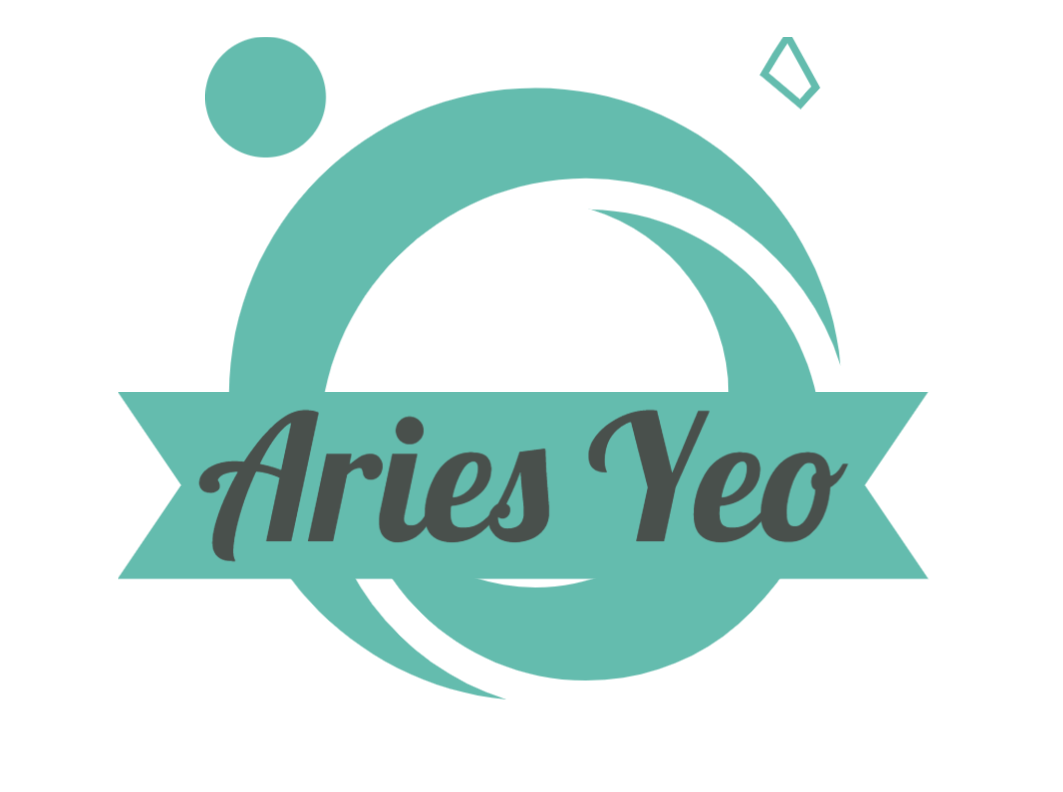Perception is Projection
Aries Yeo • August 12, 2020
Perception is Projection
Perception is your ability to see, hear, or become aware of something through the senses. Perception is the biggest factor in what makes you who you are. Your perception of any given situation determines the outcome, the way you will act, or behave, and how you feel about things.
Perception is projection says:
“We go inside first, decide what kind of the world we want to experience and then project that world outside making it the truth as we experience it. “ (Helen Schucman, A course in Miracles)
In other words, the world is a reflection of our inner thoughts, feelings, values and beliefs. The outer world is a reflection of what’s going on inside.
“We can only perceive what is already in our consciousness”. This comes from a guy called Carl Jung, who was a Swiss psychologist and one of the 3 ‘fathers of psychology’, along with Freud and Adler.
Jung introduced the notion of ‘projection’ to explain how people can feel certain they know what another person is like and what they think, then interact with the other person on the basis of those assumptions.
Projection occurs when we attribute an element of our personality which resides in our unconscious to another person or group. We can project both negative and positive characteristics, however there is a greater tendency to project the former rather than the latter.
Sigmund Freud, who popularized the term in the mid-1890’s, believed projection to be a defence mechanism used to avoid the anxiety that is provoked when one is forced to face up to one’s faults, weaknesses, and destructive tendencies.
For instance, if you’ve a major disagreement with a colleague and feeling aggrieved about it, you may perceive their subsequent behaviour as hostile towards you when others maintain that it is not. In fact, some Jungian psychologists suggest when we are irritated by the behaviour of a colleague, it’s really ourselves we are irritated with; when we’re pleased with someone else, it’s really ourselves we’re pleased with. During my NLP training, my trainer related one of his experiences where he simply could not stand another delegate during his NLP Master training whom he projected as hostile. It was much later into the training that he realised it was him all along who held the perception that the other guy was a nasty fellow and he had literally projected this onto that person while the other person had no awareness of this hostility.
Sound familiar ?
This could easily happen in a family as well; I have a client who told me that she found it difficult to live with her son-in-law whom she felt did not respect her and she was being bullied in her own house.
Upon diving deeper into the concept of perception, we saw many things are from her own perspective and upon the perception positioning exercise - her conflicts with her son-in-law were resolved.
Far too many people, do not want to acknowledge that many times in life, it is more of ourselves, our defence mechanisms that we deploy to stay ignorant of our faults and weaknesses. For it is easier to believe that it is the other person who is being difficult. When we are willing to open up our unconscious mind, willing to take the steps to resolve that perception, we are always surprised with the results.
What these attests to is that perception is subjective as we project what we perceive as the reality rather than the actual situation.
Jung put forward the idea of projection in relation to other people. He suggested that we see others as we are, not necessarily as they are.
“What we see depends mainly on what we look for “ John Lubbock
.Just like the social media algorithms that show you further examples of anything you’ve ‘liked’ or ‘shared’, our brains perpetuate our beliefs by noticing the experiences that support them and screen out anything that contradicts our view of the world.
Every thought is a judgement. The moment a judgement about someone or something else comes into your awareness, it is only your perception and is only true for you.
When we unconsciously create subjective perceptions of other people and events, we are actually forming our perceptions on the basis of what we already think we know.
However, once we’re consciously aware of our perceptions, we can choose to question them, to look for contrary evidence or alternative explanations. We can ask ourselves, ‘how real is that impression?’ or ‘is that judgement really justified?’ or ‘how do I know that?
The perceptions and projections appear to ‘happen to us’ rather than being the result of deliberate choice. That’s because it’s all going on outside of conscious awareness
People do what they do. How you react to what they do is all about how you are you. Make sense?
Remember, we always have a choice in our view. We can choose to look beyond that obvious interpretation of what we saw and ask if there is another perspective…






